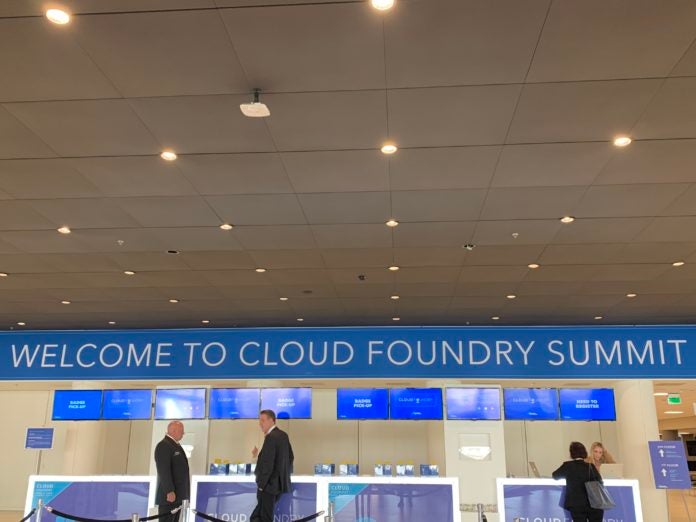One of the most popular Linux distribution, Manjaro Linux, is heading toward its commercial path with the creation of a company around the project to keep it sustainable.
The project has founded a company called Manjaro GmbH & Co. KG, to enable full-time employment of maintainers and exploration of future commercial opportunities.
Project’s idea behind the move is to:
- Enable developers to commit full time to Manjaro and its related projects;
- Interact with other developers in sprints and events around Linux;
- Protect the independence of Manjaro as a community-driven project, as well as protect its brand;
Provide faster security updates and a more efficient reaction to the needs of users;
- Provide the means to act as a company on a professional level.
That said, Manjaro will remain a community project; nothing is going to change with the project. Manjaro is also working with the Linux Foundation’s CommunityBridge and OpenCollective projects for sponsorships.
Commercialization of Linux and open source is often frowned about by some users of open source, but the fact is that Linux or any other open-source project need commercialization to succeed. Trade and commerce is the backbone of modern human civilization, without it we would become hunters and gatherers. It’s a wise decision by the project to take this step to ensure sustainability.




